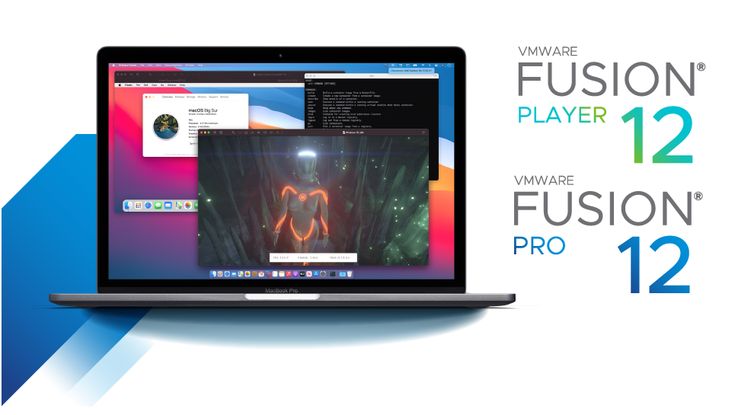

- VIRTUAL MACHINE SOFTWARE FOR MAC FOR FREE
- VIRTUAL MACHINE SOFTWARE FOR MAC MAC OS
- VIRTUAL MACHINE SOFTWARE FOR MAC FULL
- VIRTUAL MACHINE SOFTWARE FOR MAC CODE
- VIRTUAL MACHINE SOFTWARE FOR MAC LICENSE
UTM is also available for macOS: Development macOS Development iOS Development Related To optimize for size and build times, only the following architectures are included in UTM SE: ARM, PPC, RISC-V, and x86 (all with both 32-bit and 64-bit variants). As a result, UTM SE does not require jailbreaking or any JIT workarounds and can be sideloaded as a regular app. This technique is similar to what iSH does for dynamic execution. UTM SE ("slow edition") uses a threaded interpreter which performs better than a traditional interpreter but still slower than JIT. JIT on iOS devices require either a jailbroken device, or one of the various workarounds found for specific versions of iOS (see "Install" for more details).
VIRTUAL MACHINE SOFTWARE FOR MAC CODE
UTM/QEMU requires dynamic code generation (JIT) for maximum performance.
VIRTUAL MACHINE SOFTWARE FOR MAC FULL

I sometimes wonder if VMWare Fusion would be worth it, for the raw device support, etc., but I understand that it can be configured in VirtualBox, with patience and Terminal-fu.
VIRTUAL MACHINE SOFTWARE FOR MAC FOR FREE
For free (I, too, was tired of the "subscription model" annual upgrade pleas/threats), I really have to try to find a problem with it.
VIRTUAL MACHINE SOFTWARE FOR MAC MAC OS
Parallels seems to virtualize Mac OS more smoothly. It works well with most Linuxes I throw at it (have had some issues with Linux Mint and video drivers). I triple boot on my MacBook, but may toss that for using virtualized PCs. Two-way clipboard support just works, and the granular control over the emulated hardware (how many cores, how much RAM, what size drive, etc.) makes it sweet for testing system parameters. It's not quite as nice to configure as Parallels, but once it's running it's fantastic. What can be said has mostly been said, but I'll chime in. OS/2 Additions: Fixed some issues with extended attributes in the shared folders (bug #19453).Shared Clipboard: Improved HTML content exchange between X11 and Windows guests and hosts.Guest Control: Fixes for UNICODE handling.Guest Control: Fixed folders copying from host to guest and from guest to host.Guest: Fixed wrong mouse position if guest is in text mode.Linux host: Fix access to some USB devices, device class was not correctly handled (bug #20721).Solaris host: Fix packaging regression, make vboxshell.py executable.Solaris host: Fixed regression in installer, failed on Solaris 10.Unattended installation: Fixed regression introduced in 6.1.28, causing partitioning failure for Windows XP to 10 (bug #20769).


Presently, VirtualBox runs on Windows, Linux and Mac hosts and supports a large number of guest operating systems including but not limited to Windows (NT 4.0, 2000, XP, Server 2003, Vista, Windows 7, Windows 8, Windows 10), DOS/Windows 3.x, Linux (2.4, 2.6, 3.x and 4.x), Solaris and OpenSolaris, OS/2, and OpenBSD.
VIRTUAL MACHINE SOFTWARE FOR MAC LICENSE
Not only is VirtualBox an extremely feature rich, high performance product for enterprise customers, it is also the only professional solution that is freely available as Open Source Software under the terms of the GNU General Public License (GPL). VirtualBox is a family of powerful x86 virtualization products for enterprise as well as home use.


 0 kommentar(er)
0 kommentar(er)
